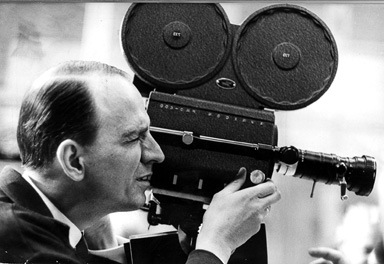Setting: VDP third floor during Study Hall
Enter Old Capulet and his Wife.
Capulet:
For what cause has VDP become such a noisy and chaotic place? I heard from the teacher that it is now study hall time. My wife, please give me my stick.
Lady Capulet:
Why do you need your stick?
Capulet:
Quickly, I see that old Montague is coming. He must be the one who instigates his nephews to start the fight against the nephews of mine.
Enter Old Montague and his Wife.
Montague:
Capulet, you such a old villain! Don’t stop me, my wife!
Lady Montague:
If you are going to argue with Capulet, I will not let you move even one foot towards him because the dorm parents, Mr. Porter, is coming.
Enter Mr.Porter, the dorm parent of VDP third floor.
Mr. Porter:
How dare you guys to start the chaos again and again during study hall time. Stop, all of you! Mr. Capulet and Mr.Montague, your nephews in this school have already started the unforgivable violent incidents three times and all those innocent hardworking students have been all negatively influenced and entangled. It seems to me that three detentions are not enough to deter all your bad students. If you guys start the fight anytime in the school again, there won’t even be a C.C. for you and you guys will all be directly expelled from Cheshire Academy. Mr. Capulet and Mr. Montague, since today is already planned for having conversation between parents and teachers, come with me and let’s have a really serious communication. Dismiss and go back to your rooms, now.
Montague:
Benvolio, who really started the fight? It is those bastards of Capulet did it, right? Tell me, are you those presented when the fight started?
Benvolio:
Before I came, two students funded by you to read this school and another two students funded by Capulet were already in fight. I did try to stop them, but that is when that irritable Tybalt holding a thick book joins in the fight. He accused me of being the one who always not flushes the toilet in VDP. During the time when Tybalt and I tried to use the book to hit the other in the head, more students were dragged in the chaos.

